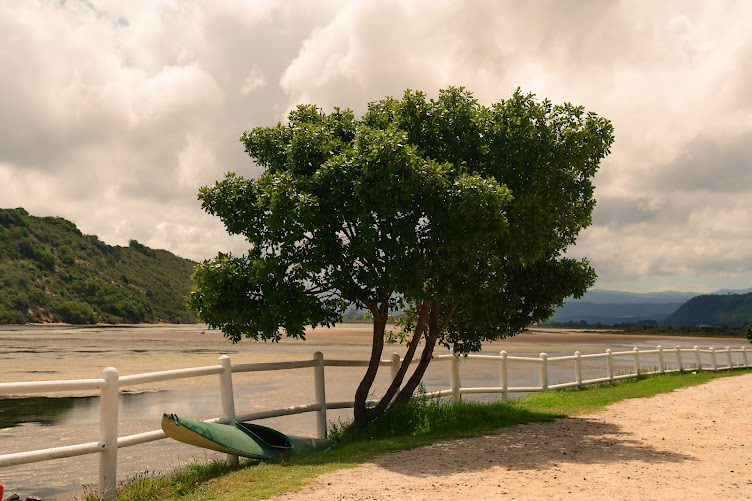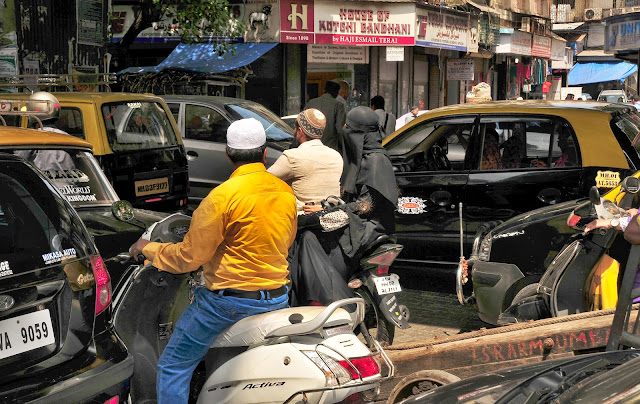 |
| The Famous Tablecloth over Table Mountain View from Blouberg Beach. |
Cape Town is an exciting, vibrant and cosmopolitan city and a tourist mecca.
It is a must see destination and you will not be disappointed.
However, as with most cities in the world, opportunist/petty crime can be a problem
This has nothing to do with poverty, it is everything to do with morals and integrity.
The criminals are extremely well dressed and very fast, especially with bag snatching.
The criminals are extremely well dressed and very fast, especially with bag snatching.
So please take care, especially during really busy periods.
The modus operandi with stolen cell phones works like this:
You call your own stolen cell phone
Somebody answers claiming to have "found" it and offers to meet in one of the townships provided that you bring cash. The price ranges from R1000.00 upwards.
For your own safety do not fall for this.
Enjoy the city but leave all valuables in the hotel safe or make sure handbags are securely held.
So many people blame crime on poverty in South Africa.
This is not the case - it's a "job" or "career" and a very lucrative one!!
Travelling anywhere in the world one needs to be vigilant with valuables.
So please take care and enjoy your stay in our beautiful Mother City
The modus operandi with stolen cell phones works like this:
You call your own stolen cell phone
Somebody answers claiming to have "found" it and offers to meet in one of the townships provided that you bring cash. The price ranges from R1000.00 upwards.
For your own safety do not fall for this.
Enjoy the city but leave all valuables in the hotel safe or make sure handbags are securely held.
So many people blame crime on poverty in South Africa.
This is not the case - it's a "job" or "career" and a very lucrative one!!
Travelling anywhere in the world one needs to be vigilant with valuables.
So please take care and enjoy your stay in our beautiful Mother City
Exracts below adapted via Courtesy of Cape Town Tourism
Security tips
·
Avoid carrying
large sums of cash, carrying cameras or video cameras in plain sight and
leaving belongings unattended.
·
Heed the advice
of your hosts, Cape Town Tourism Visitor Centre staff or locals
on where to go after dark. Try not to walk alone.
·
Do not allow
strangers to assist you in any way at ATMs.
·
Street children
and beggars may approach you for a handout. Many social workers
counsel against giving money to the children as it usually gets handed over to
an older person or is used to purchase drugs.
·
At night, park
in a secure, well-lit area.
To report any safety incident, phone the following
numbers:
·
All emergencies
from your cell phone – 112
·
All emergencies
from a landline – 107
·
South African
Police Services (SAPS) – 10111
Cape Town Tourism in partnership with Protection
and Emergency Services run a successful Visitor Support Programme to
assist you further, should you be involved in an incident. For more
information, contact:
+27 21 487 6800
+27 21 487 6800
Safety Table Mountain National Park
·
Cape Town
Tourism recommends the use of a qualified mountain guide should you wish
to explore Table Mountain National Park on foot.
Alternatively, make sure you take a Table Mountain map, comfortable walking
shoes, a few friends and a charged cell phone (mobile).
·
Make sure you
are also prepared for weather that can change rapidly; bring sunblock
and something warm to wear.
·
Start heading
back well before dark and keep to demarcated paths.
·
Save the
following emergency number on your cell phone before you begin your hike: +27
861 106 417.
·
To book a guide,
phone the Contact Centre on 0861 322 223.
South African
Travel Safety Tips
Safety Tips 101 - What to do and what not to do
Safety has become an important issue throughout the world. The Tourism Safety Task Group of South Africa has compiled the following tips for tourists and migrants who come to the country:
At a hotel:
Never leave your luggage unattended
- Store valuables
in the hotel’s safety deposit box
- Keep your room
locked, whether you’re in it or not
- If someone knocks, check who it is before opening the door
Avoid ostentatious displays of expensive jewelry, cameras and other valuables
- It’s definitely not advisable to carry large sums of money around
- At night, steer
clear of dark, isolated areas
- It’s better to
explore in groups and to stick to well-lit, busy streets
- Plan your route
beforehand
- A policeman or
traffic officer will be glad to direct you if you get lost
- If you want to
call a taxi, your hotel or the nearest tourism information office can
recommend a reliable service
In a car:
- Plan your route
in advance
- Keep the car
doors locked at all times and wind the windows up
- Lock valuable
items in the boot (trunk)
- At night, park in
well-lit areas
- Never pick up
strangers
- If in doubt about the safety of an area, ask the hotel or guest house Manager.
In general we advise people to carry a reliable map with them at all times and to keep a certified copy of passports and other important documentation such as flight tickets in a safe place such as a bank or hotel's safety deposit box.
Leave your valuables at home, your luggage may be opened and your valuables missing from your bags when you collect your luggage from the check out area.
- Do not wear
expensive jewellery.
- Do not allow
yourself to be separated from your hand luggage.
- Laptops,
camera’s, mobile phones and handbags are targeted items.
- Do not allow
yourself to be distracted by one person while another person runs off with
your possessions.
If you are hiring a car and intend driving from the airport be sure you know the exact route you should take so that you need not stop to ask for directions making yourself vulnerable and an easy hijack target.
Avoid walking in deserted areas on your own during the day and particularly at night.
South Africa is not the only country where the above list applies, it applies to many destinations and innocent tourists are caught up in unpleasant situations because they are not vigilant and do not apply wisdom because they are “on holiday” and in a carefree mood.
Please also avoid giving money to beggars; you are more likely to lose your whole wallet in this type of situation.




























